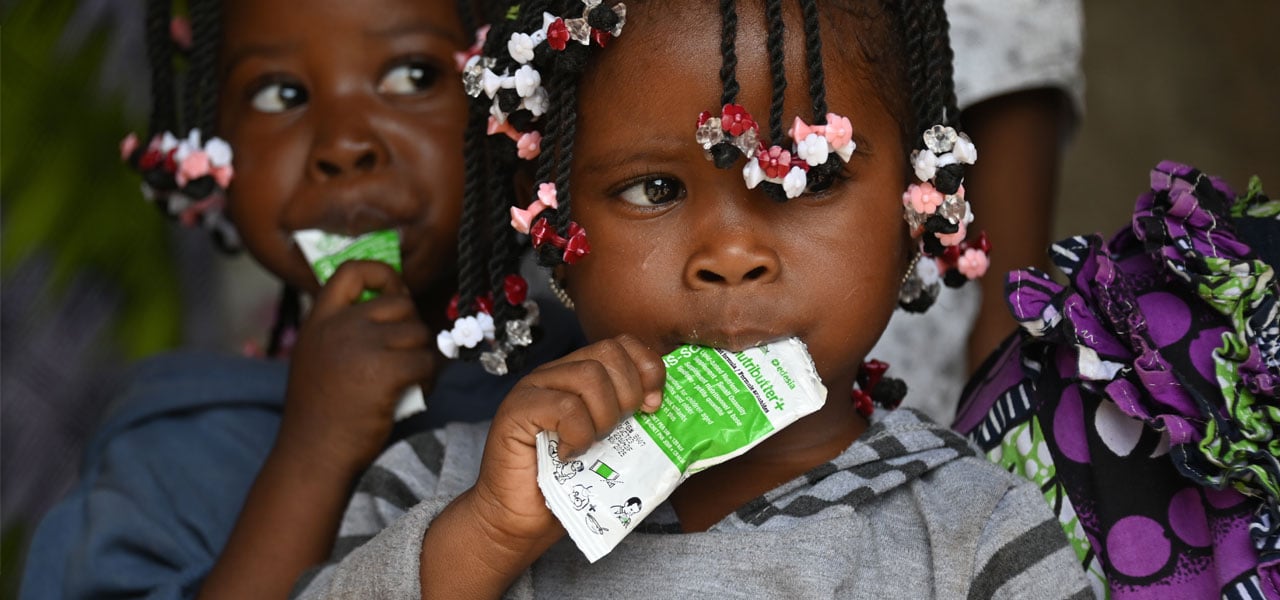Explore more Centres, Projects and Groups
Welcome
Welcome Banner
Bottom Content
Logo List Links
Intro Blocks List
About
The OptiMAx project is focused on integrated nutritional activities to increase immunisation coverage in Chad and Niger. Our aim is to assess the integrated impact of jointly programming monthly supplementation with small-quantity lipid based nutrient supplements (SQ-LNS) with immunisation services in Chad and Niger.
Donations


